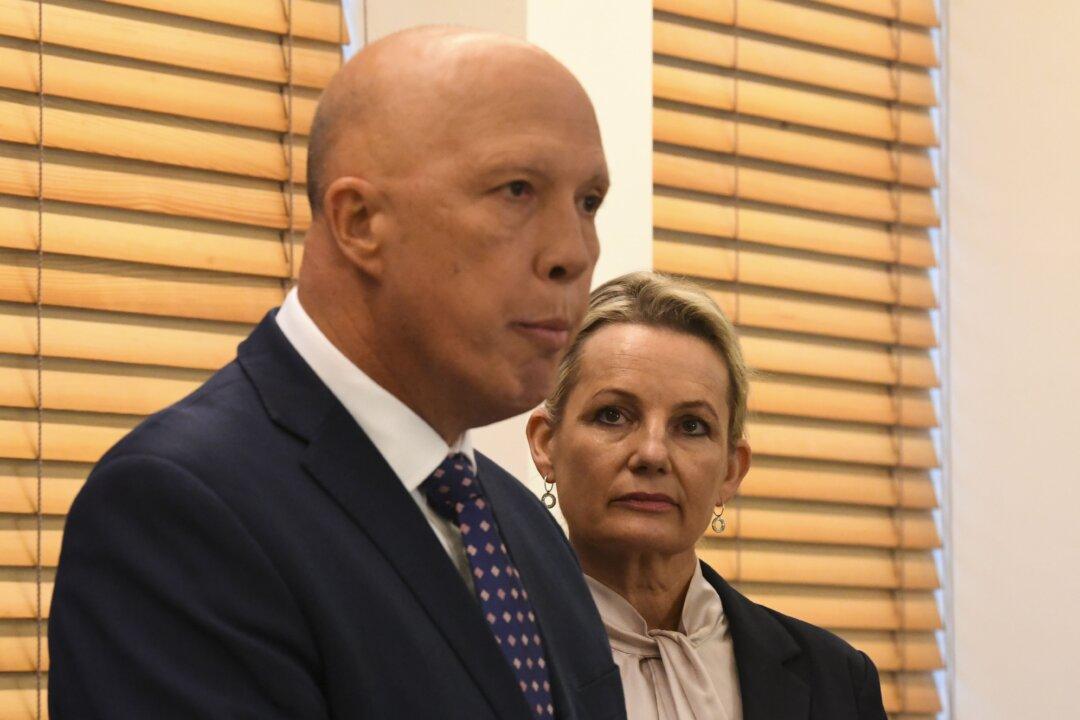Australia’s opposition leader Peter Dutton has taken the nuclear power debate forward after saying he was “not afraid” to have a discussion about introducing the energy source to the country amid current soaring energy prices.
Australia currently sits on the world’s third-largest reserve of uranium. However, years of cultural aversion—and laws from the 1990s—have prevented governments from developing the industry to tap the resource.





